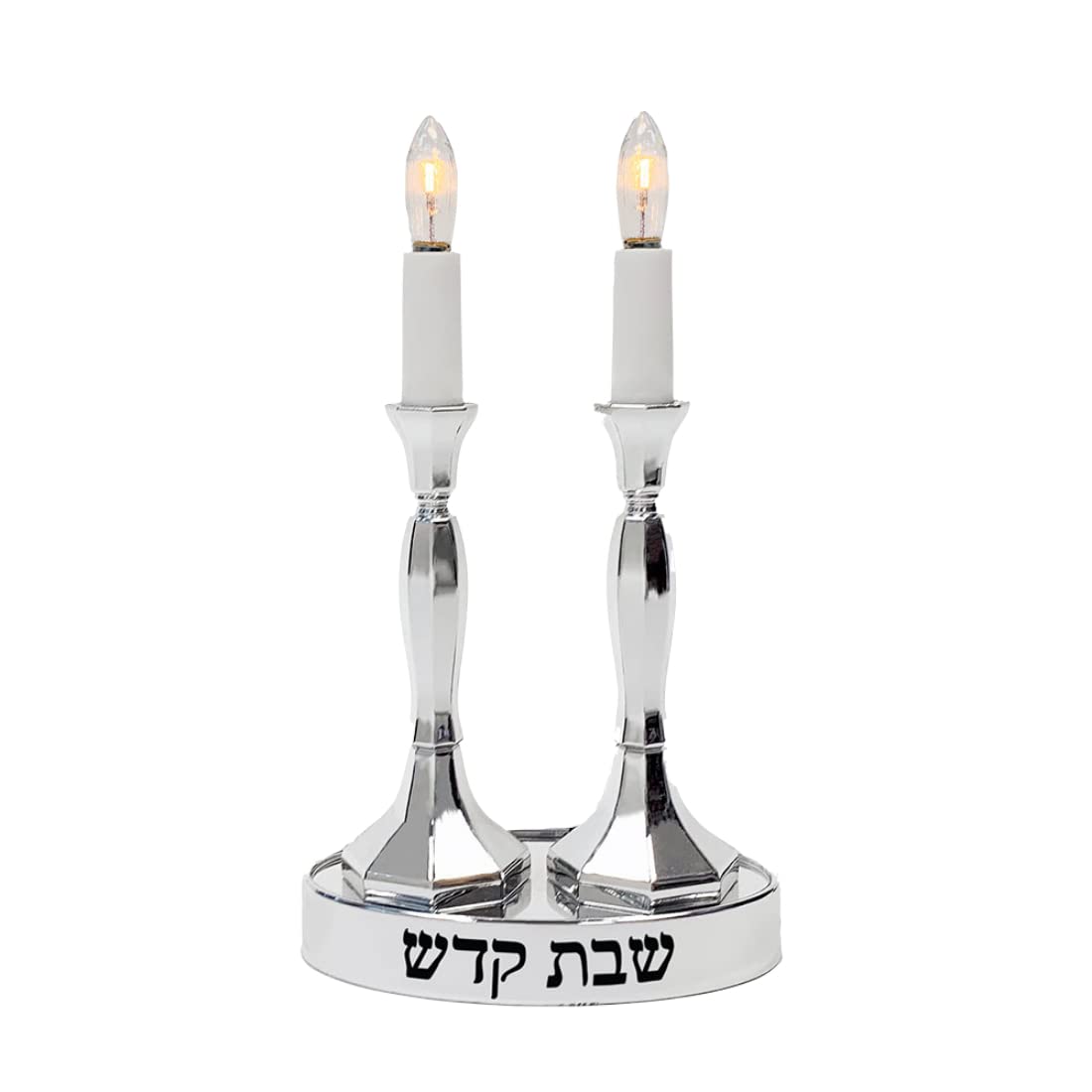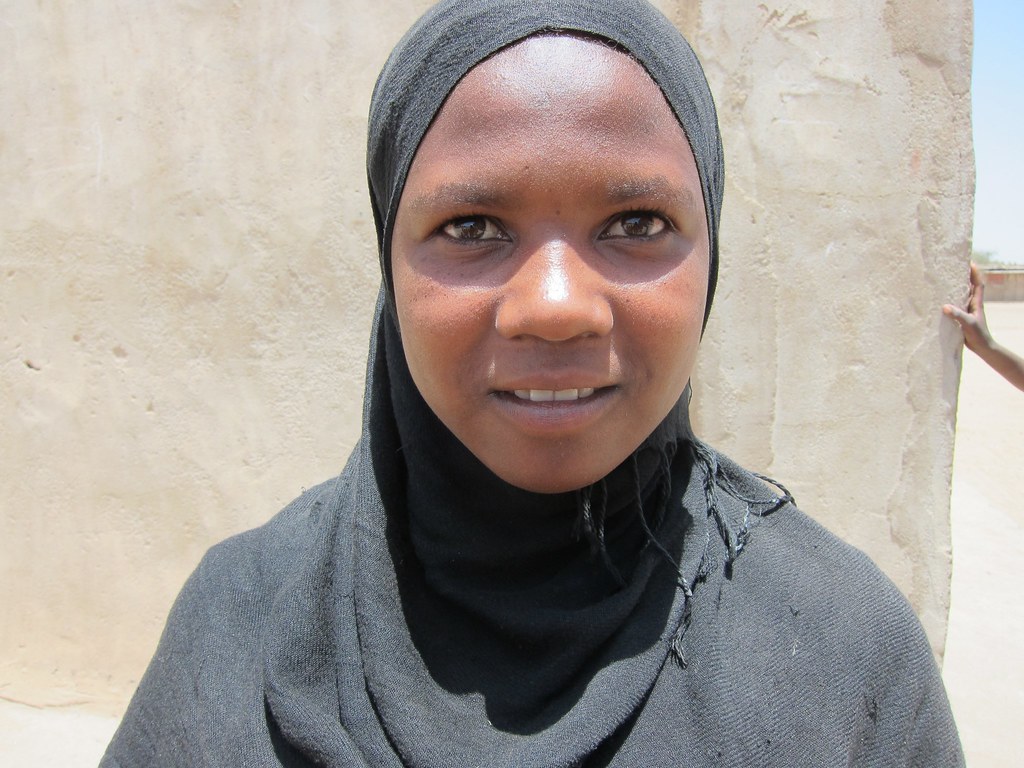Title: Decoding the Shavua Tov Jewish Greetings
Welcome to the ultimate cheat sheet for decoding the intriguing world of Shavua Tov Jewish greetings! In this article, we unravel the meanings behind these warm and culturally significant salutations. Join us on an enlightening journey as we explore the essence of Shavua Tov and its unique expressions.
Understanding the Tradition of “Shavua Tov”

The tradition of “Shavua Tov” is a common Jewish greeting that translates to “Good week” in English. It is typically said on Saturday night or Sunday morning, marking the start of a new week in the Jewish calendar. This greeting is a way of wishing someone a positive and successful week ahead. It can be used in both formal and informal settings and is often accompanied by a smile and a friendly tone.
Understanding the meaning and cultural significance of “Shavua Tov” can help strengthen connections within the Jewish community and create a warm and welcoming atmosphere during conversations and interactions.
The Significance of “Shavua Tov” in Jewish Culture

“Shavua Tov” is a Hebrew phrase that means “good week. ” It is a common greeting among Jews on the first day of the week, usually said on Saturday evening or Sunday. This phrase holds great significance in Jewish culture as it is a way to wish others a positive and blessed week ahead. When responding to this greeting, it is appropriate to reciprocate the well-wishes by saying “Shavua Tov” back.
This simple exchange creates a polite and friendly atmosphere in conversations. The inflection and tone used when saying this phrase is also important, as it conveys sincerity and attention.
Expressing Gratitude: “Thank you very much”
Expressing gratitude in Hebrew is an important aspect of Jewish culture. When someone wishes you “Shavua Tov” (which means “Have a good week”), a polite response is to say “Thank you very much”. In Hebrew, you can say “Toda Raba” to express your gratitude. This simple phrase holds great significance in Jewish conversations and interactions.
The Mutual Wish: “The same goes for you”
“The Mutual Wish: ‘The same goes for you’ is a common response to the Jewish greeting Shavua Tov. It is a way to reciprocate the well wishes and blessings shared by others. In Judaism, prayer and blessings are important aspects of daily life. When engaging in conversation, it is polite to pay attention to the inflection and tone of the words used.
The Hebrew language holds significance in Jewish culture, and using it in greetings adds authenticity and respect. Whether in person or online, understanding the meaning behind these greetings can enhance your interactions and deepen your connection with the Jewish community. For more insights and tips, check out our blog on Responding to Shavua Tov Jewish Greetings.
Conveying Well Wishes: “Have a great week too”
In Jewish culture, it is common to greet someone with “Shavua Tov” at the start of the week, which means “Have a great week.” Responding with “Have a great week too” is a polite and thoughtful way to convey well wishes. It shows that you acknowledge their greeting and reciprocate the sentiment. This simple reply can help foster positive conversations and strengthen relationships within the Jewish community.
Sharing Positivity: “All the best”
When it comes to responding to Shavua Tov Jewish greetings, a simple and positive phrase like “All the best” can go a long way. This phrase conveys well wishes and positivity without getting into specific religious or cultural aspects. It’s a polite and friendly response that can be used in any conversation or setting. Whether you’re writing a blog post or having a conversation with a Jewish friend, using “All the best” is a great way to show respect and spread positivity. So, next time you receive a Shavua Tov greeting, remember to respond with this uplifting phrase.
The Hopeful Reply: “Hopefully, I will”
The phrase “Hopefully, I will” is a great way to respond to the Jewish greeting “Shavua Tov. ” It conveys a sense of optimism and hope for the upcoming week. By using this reply, you are acknowledging the well-wishes of the person who greeted you and expressing your positive outlook. It’s a polite and respectful response that shows your appreciation for their blessing.
Additionally, using the Hebrew language in your reply adds a personal touch and demonstrates your knowledge and connection to Judaism. So, next time someone greets you with “Shavua Tov,” confidently respond with “Hopefully, I will” to spread positivity and gratitude.
Reciprocating the Sentiment: “Wish you the same”
Reciprocating the sentiment “Wish you the same” is a polite and thoughtful response to the Jewish greeting “Shavua Tov. ” This phrase conveys well wishes for a good week ahead. It is an opportunity to show appreciation and reciprocate the blessing. When someone wishes you a good week, it is considerate to respond in kind, expressing the same sentiment. This simple act of reciprocity fosters positive relationships within the Jewish community.
It is a way to acknowledge the power of prayer and the importance of blessing others. So, the next time you receive a “Shavua Tov” greeting, remember to respond with “Wish you the same” to show your gratitude and politeness.
Casual Acknowledgment: “Sure! I will”
When someone greets you with “Shavua Tov,” a common Jewish greeting meaning “Have a good week,” it’s polite to respond. A casual response could be “Sure! I will” or “Thank you, you too!” This simple acknowledgement shows respect and friendliness.
The Polite Response: “I’ll try”

The phrase “I’ll try” is a polite and common response to the Jewish greeting of Shavua Tov, which means “Good week” in Hebrew. When someone wishes you a Shavua Tov, it’s a kind gesture to respond with positivity. Saying “I’ll try” acknowledges their greeting and shows that you appreciate their well wishes. It’s a simple way to spread positivity and connect with others in the Jewish community.
Ensuring Goodwill: “In peace”

“In peace” is a common Jewish greeting used to wish someone a peaceful week ahead. It is typically said on Saturday night or Sunday morning and carries a sense of goodwill. This phrase, known as “Shavua Tov” in Hebrew, is an important part of Jewish culture and serves as a polite and friendly way to start the week. By using this greeting, you can show respect and understanding of Jewish customs. When responding to “Shavua Tov,” a simple reply such as “Thank you” or “You too” is appropriate.
Enthusiastic Confirmation: “Will do”
When responding to the Jewish greeting “Shavua Tov,” a simple and enthusiastic confirmation can go a long way. Reply with a confident “Will do” to show your eagerness and willingness to fulfill any requests or obligations. This response not only demonstrates politeness and respect, but also conveys your enthusiasm for the week ahead. By using this phrase, you acknowledge the greeting and express your commitment to making the upcoming week a positive and productive one.
So, next time someone wishes you “Shavua Tov,” remember to reply with a resounding “Will do” to embrace the Jewish tradition and show your enthusiasm for the days to come.
Friendly Farewell: “See you”

In Jewish culture, the phrase “Shavua Tov” is commonly used as a greeting to wish someone a good week. In response, it is polite to reply with a friendly farewell. One common way to say goodbye is by simply saying “See you. ” This short and sweet phrase expresses your intention to meet again and leaves a positive impression.
By using this phrase, you acknowledge the Jewish greeting and show respect for their traditions.
The Optimistic Promise: “I will! You too”
The phrase “I will! You too” is a common response to the Jewish greeting “Shavua Tov,” which means “Good week. ” It reflects an optimistic promise to have a positive week and extends the same wish to others. This simple yet powerful phrase captures the essence of Jewish camaraderie and positivity.
When someone greets you with “Shavua Tov,” responding with “I will! You too” reinforces the sense of unity and support within the Jewish community. It serves as a reminder to approach the week with optimism and to spread positivity to others. So, next time you hear “Shavua Tov,” embrace the optimistic promise and respond in kind:
“I will! You too.
Affirming with Sincerity: “I appreciate it”
When someone greets you with “Shavua Tov,” a Jewish phrase meaning “Have a good week,” it’s polite to respond with gratitude. Saying “I appreciate it” is a sincere way to acknowledge their well-wishes. This simple phrase shows that you value their greeting and the sentiment behind it. It’s important to respond with sincerity and warmth, as these greetings are an important part of Jewish culture.
By expressing your appreciation, you are not only reciprocating the kindness but also strengthening the connection between you and the person who greeted you. So, next time someone wishes you a “Shavua Tov,” remember to respond with a heartfelt “I appreciate it.
Informal Goodbye: “Catch you later”
When responding to the Jewish greeting “Shavua Tov,” a common informal goodbye is “Catch you later.” This casual phrase is a friendly way to bid farewell to someone who has wished you a good week. While it may not have a specific Jewish origin, it is widely used in informal conversations within the Jewish community.
The Cheerful Answer: “Cheers”
“The Cheerful Answer: ‘Cheers'”
When someone greets you with “Shavua Tov,” a common Jewish greeting meaning “Good week,” the appropriate response is “Cheers!” This cheerful answer reflects the positive sentiment of the original greeting and is a simple way to engage in the Jewish tradition of exchanging well wishes. By using this response, you acknowledge the greeting and reciprocate the positive energy.
Embracing the Week: “I have no choice”
In Jewish culture, the phrase “Shavua Tov” is commonly used to wish someone a good week ahead. While it may seem like a simple greeting, it holds a deeper meaning for Jews. Embracing the week ahead is about accepting the challenges and opportunities it brings, even when we feel like we have no choice. It’s a reminder to approach each day with resilience and determination.
To truly embrace the week, it’s important to find moments of reflection and gratitude. Take a few minutes each day to acknowledge the blessings in your life, whether big or small. This practice can shift your mindset and help you navigate the week with a more positive outlook.
Remember that you are not alone in facing the week. Connect with your community, whether it’s through attending synagogue, participating in virtual gatherings, or reaching out to friends and family. Sharing experiences and finding support can make the journey more manageable.
Lastly, don’t forget to take care of yourself. Self-care is crucial in maintaining your well-being throughout the week. Prioritize activities that bring you joy, relaxation, and rejuvenation. Whether it’s practicing mindfulness, engaging in a hobby, or simply taking a walk in nature, make time for yourself.
Embrace the week ahead with a sense of purpose and resilience. Remember, you have the power to make each day meaningful and fulfilling. Shavua Tov!
(Source: Shavua Tov Jewish Greetings Cheat Sheet)
Echoing Good Intentions: “Likewise”
In the article “Responding to Shavua Tov Jewish Greetings Cheat Sheet,” the subheading “Echoing Good Intentions: ‘Likewise'” explores the appropriate response to the Jewish greeting “Shavua Tov. ” When someone wishes you a “Shavua Tov,” a fitting reply is “Likewise,” or “Shavua Tov. ” These responses echo the good intentions behind the greeting and show appreciation for the well-wishes. By using these simple and concise phrases, you can effectively reciprocate the positive sentiment being conveyed.

